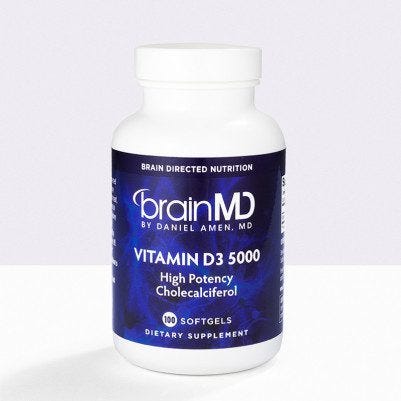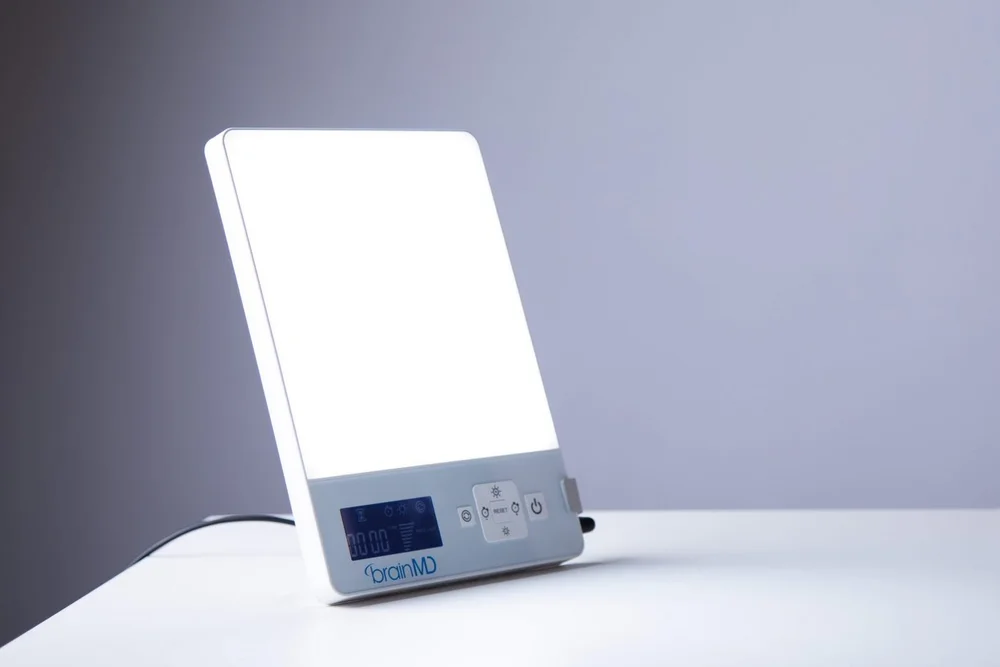Sunscreen and Vitamin D: Why Both Are Important For Your Health
Are you ready for some fun in the sun?
Getting outside is important for everyone, especially for those who live a sedentary lifestyle or those who’ve been cooped up during the long, dark winter months. Whether you enjoy jogging, hiking, biking, horseback riding, or a long walk, being outdoors can have an overall positive effect on your mood and vitality.
Another benefit of engaging in outdoor activities is that you can get some much-needed sunshine. But there is a danger to getting too much sunlight, namely overexposure to ultraviolet rays. To limit your exposure to harmful UV rays, it’s wise to use sunscreen.
How to Use Sunscreen on a Daily Basis
Before venturing outdoors this summer, remember to apply sunscreen. Make sure to cover areas that tend to burn the easiest: face, ears, neck, and limbs. Remember to bring along some sunscreen in case you need to reapply after a few hours.
On sunny days, be mindful of reflections from glass or water, which can amplify the sun’s intensity. Also, be aware of overcast days, since you can get a sunburn even through clouds.
Be sure to monitor how much sun you’re getting – too much exposure can lead to severe sunburn and serious skin conditions. To prevent these detrimental outcomes, always use sunscreen when spending significant time outside. For sufficient protection against damaging sun rays, it’s recommended to use SPF 30 or higher.
Sunscreen and Vitamin D

Just as there’s a danger of getting too much sunlight, there’s a downside to using too much sunscreen. Wearing sunscreen all the time can prevent your skin from absorbing adequate sunlight, which can lead to vitamin D depletion. Unfortunately, vitamin D depletion is becoming more and more common, in part because we’re spending more time indoors and wearing more sunscreen when having fun outdoors.
Vitamin D is called the “sunshine vitamin” because the skin can produce it when exposed to the ultraviolet rays in sunlight. But your skin can’t make vitamin D when covered with clothing or sunscreen to block the sun’s rays. Getting direct sunlight, even for a short period, can help increase the body’s stores of vitamin D.
Spending 10 to 30 minutes a day exposing your face, arms, and legs to the sun, without sunscreen, can increase your vitamin D3 levels. If you burn easily, start out with just 5 minutes and incrementally increase your time in the sun…and keep the sunscreen handy.
Vitamin D Deficiency
Vitamin D deficiency is currently epidemic worldwide. One research study found that 70% of all adults and 67% of children aged 1-11, don’t have adequate levels of vitamin D. Low levels of vitamin D have been associated with fatigue, low mood, sleep problems, back pain, and headache. Prolonged deficiency leads to bone problems, muscle weakness, and increased risk of falls.
People at risk of having low D include the homebound (low sun exposure), darker-skinned (melanin lowers UV penetration), GI problems (can interfere with D absorption), obese (D can get locked away in fat), elderly (less efficient skin production and/or lowered food intake), and breastfed infants (unless mom is taking a D3 supplement).
Low vitamin D has been linked to a variety of problems with immunity, the heart and circulation, and the joints. Brain problems linked to low D include behavioral and socialization difficulties in children, and mood, anxiousness, and cognitive difficulties in adults.
Benefits of Vitamin D
Vitamin D is essential to absorb calcium from our foods and used to be known just for building bones. But this vitamin actually is converted by the liver and kidneys into a hormone that regulates practically all our tissues.
Optimal vitamin D levels promote attention, mood, memory, learning, socialization, and overall brain function and well-being. Vitamin D promotes the actions of serotonin, dopamine, and other key brain neurotransmitters.
The CDC reports more than 9 in 10 Americans aren’t getting enough vitamin D from their foods. Since there will always be a gap in the nutrients we need and the foods we eat, taking a vitamin D3 supplement is a smart choice for healthy and active living.
Vitamin D3 5000 IU

Intensive clinical and scientific research continues to make incredible discoveries about this vitamin–prohormone. In the past two decades, researchers have confirmed its favorable effects on healthy gene regulation, calcium metabolism, cell growth control, hormone balance, and coping with stressful challenges.
The hormone (calcitriol) made from vitamin D3 may regulate as many as 900 different genes and has a broad spectrum of actions on our tissues and organs. Through its hormone actions, vitamin D3 promotes:
- healthy mood
- immune response
- cognitive function
- cardiovascular health
- muscle and bone strength
- early brain development and ongoing renewal across the lifespan
Vitamin D3 also benefits numerous other functions that promote healthy aging. Vitamin D supplementation is consistently linked to a higher quality of life and better well-being as we age.
The current U.S. Daily Value recommendation is 400 IU, but experts agree this is well below the physiological needs of most individuals and suggest 2,000-10,000 IU daily. BrainMD’s Vitamin D3 5000 raises your levels on just one softgel a day. Be sure to take it with food, since it’s a “fat-soluble” vitamin.
So, as you prepare for a summer full of adventure and fun, remember to apply sunscreen to avoid damaging your skin during extended periods of intense sun exposure. And be sure to get 10 to 30 minutes of sun exposure, without sunscreen, and take a vitamin D3 supplement every day.
At BrainMD, we’re dedicated to providing the highest purity nutrients to improve your physical health and overall well-being. For more information about our full list of brain healthy supplements, please visit us at BrainMD.
- This Is What You Need to Know About HBOT
Medically Reviewed by Dr. Nicole Avena - April 22, 2024 - Hormone Changes in Men: How to Know If You Have Low Testosterone! - April 15, 2024
- This Is What You Need to Know About EMDR Therapy! - April 11, 2024



